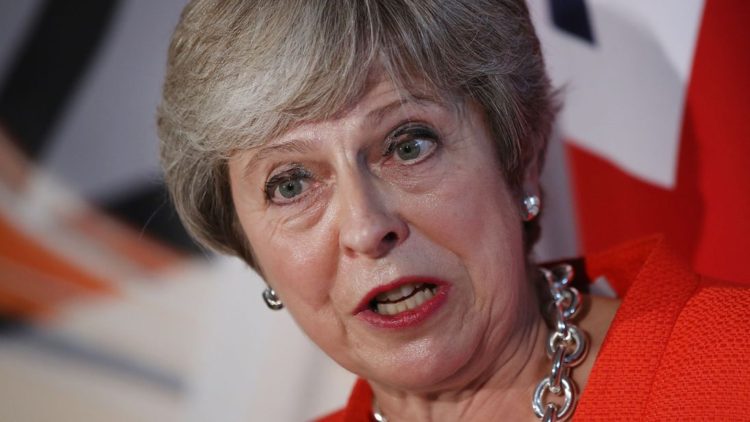By Ben Kerrigan
Theresa May has suffered crushing defeat in the Commons over her Brexit deal after MPs voted against her blueprint by 230 votes. MPs voted by 432 votes to 202 to reject the deal, which sets out the terms of Britain’s exit from the EU on 29 March.
Parliament finally delivered its damning verdict on the prime minister’s withdrawal agreement after months of debate. The defeat is one of the very worst in history, but one really borne out of the very difficult issue of Brexit that sparked it. Outside Parliament, thousands of protesters had gathered for hours to express their differing positions on the one topic that has divided Britain ever since the referendum voted upon in 2016. Some were keenly waiting for the opportunity for Corbyn’s motion of a no vote of confidence in the government which they hope will pressure the Conservative party to explore one of the options of a second referendum on the matter
Jeremy Corbyn says the verdict of the Commons is “absolutely decisive”. May has “only attempted to reach out now”, he said, adding that the prime minister “cannot seriously believe that after two years of failure she is capable of negotiating a good deal for the people of this country. Theresa May expressed interest to meet with ministers and the DUP in a constructive spirit if MPs vote to confirm they still have confidence in her government. She said she would make a statement on Monday.
Mr Corbyn said the confidence vote would allow the Commons to “give its verdict on the sheer incompetence of this government”President of the European Council, Donald Tusk, said he regretted the outcome of the vote and that he urged the UK government to “clarify its intentions with respect to its next steps as soon as possible”. The embattled prime minister, whose efforts to achieve a soothing A Brexit deal, has probably been doomed to failure right from the start. Her only real fault might be trying to sell a deal that doesn’t work and is full of holes, on the shaky grounds that it is the best deal possible. Addressing the commons, May said:
”It is clear that the house does not support this deal. But tonight’s vote tells us nothing about what it does support. Nothing about how – or even if – it intends to honour the decision the British people took in a referendum parliament decided to hold.
People, particularly EU citizens who have made their home here and UK citizens living in the EU, deserve clarity on these questions as soon as possible. Those whose jobs rely on our trade with the EU need that clarity. So with your permission, Mr Speaker, I would like to set out briefly how the government intends to proceed.
First, we need to confirm whether this government still enjoys the confidence of the house. I believe that it does, but given the scale and importance of tonight’s vote it is right that others have the chance to test that question if they wish to do so. I can therefore confirm that if the official opposition table a confidence motion this evening in the form required by the Fixed-term Parliaments Act, the government will make time to debate that motion tomorrow. And if, as happened before Christmas, the official opposition decline to do so, we will – on this occasion – consider making time tomorrow to debate any motion in the form required from the other opposition parties, should they put one forward.
Second, if the house confirms its confidence in this government I will then hold meetings with my colleagues, our confidence and supply partner the DUP and senior parliamentarians from across the house to identify what would be required to secure the backing of the house. The government will approach these meetings in a constructive spirit, but given the urgent need to make progress, we must focus on ideas that are genuinely negotiable and have sufficient support in this house.
Third, if these meetings yield such ideas, the government will then explore them with the European Union.
Mr Speaker, I want to end by offering two reassurances.
REASSURANCES
The first is to those who fear that the government’s strategy is to run down the clock to 29 March. That is not our strategy. I have always believed that the best way forward is to leave in an orderly way with a good deal and have devoted much of the last two years negotiating such a deal. As you confirmed, Mr Speaker, the amendment to the business motion tabled last week by [Dominic Grieve] is not legally binding, but the government respects the will of the house. We will therefore make a statement about the way forward and table an amendable motion by Monday.
The second reassurance is to the British people, who voted to leave the European Union in the referendum two and a half years ago. I became prime minister immediately after that referendum. I believe it is my duty to deliver on their instruction and I intend to do so. Mr Speaker, every day that passes without this issue being resolved means more uncertainty, more bitterness and more rancour. The government has heard what the house has said tonight, but I ask members on all sides of the house to listen to the British people, who want this issue settled, and to work with the government to do just that.




